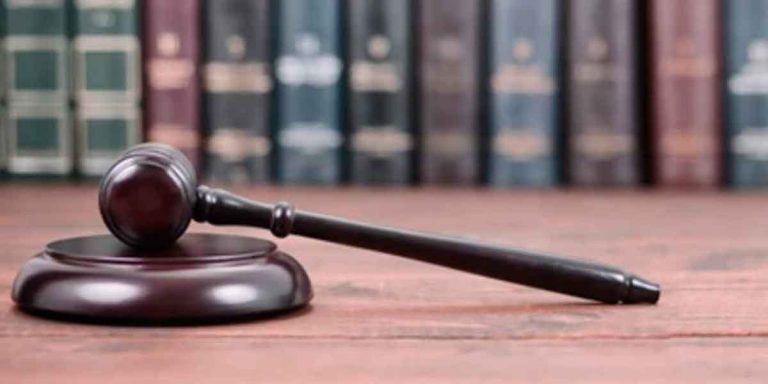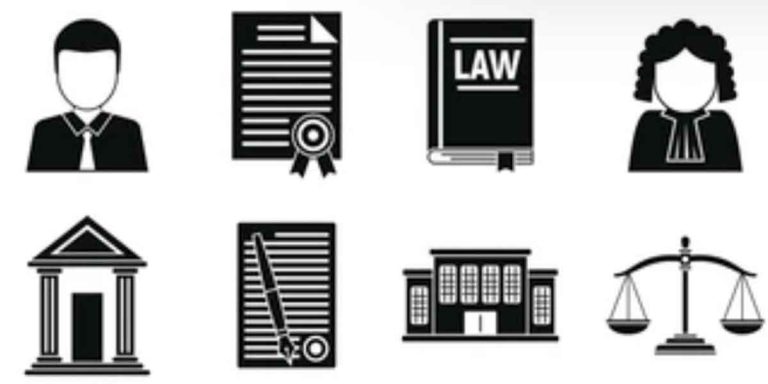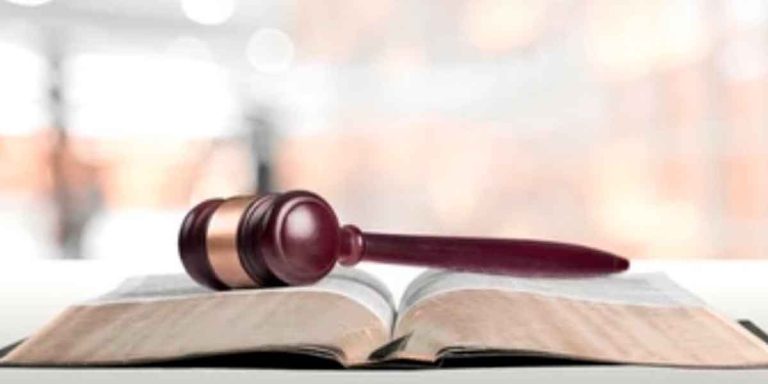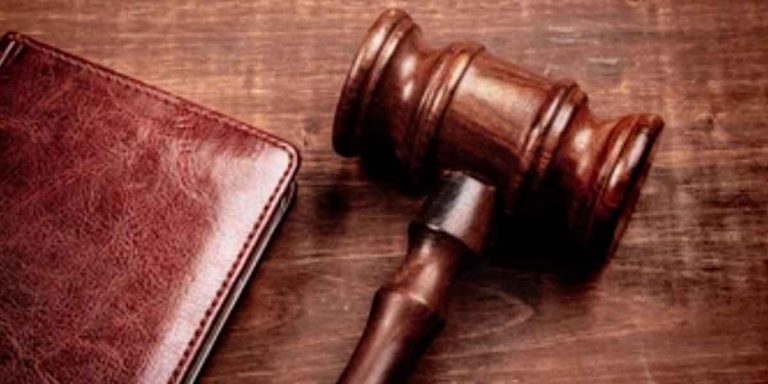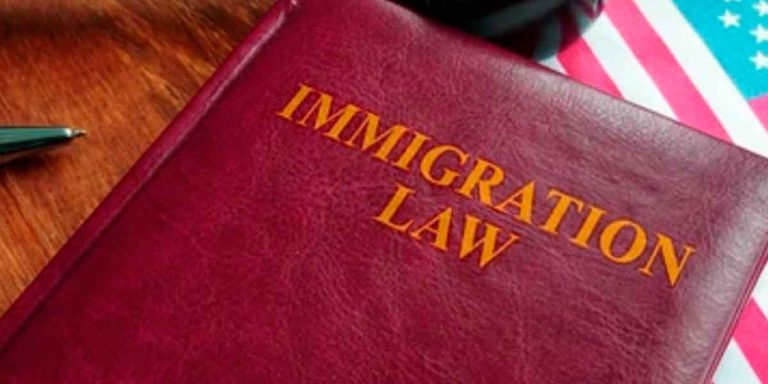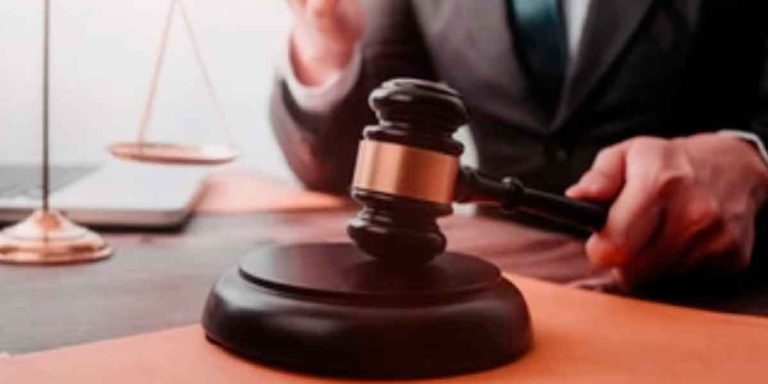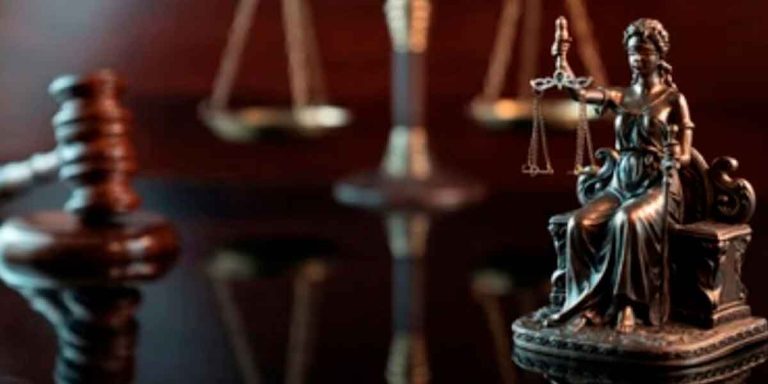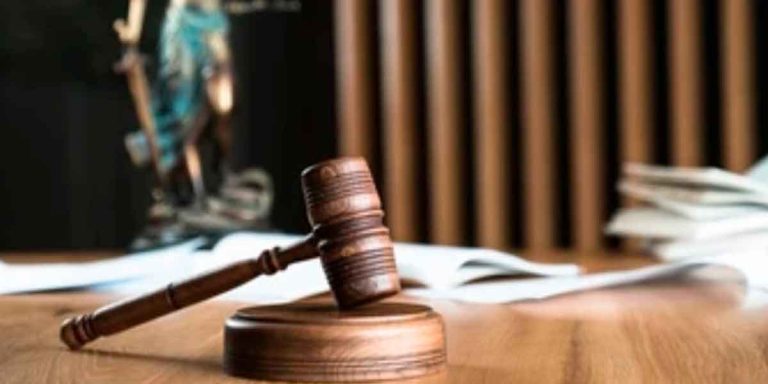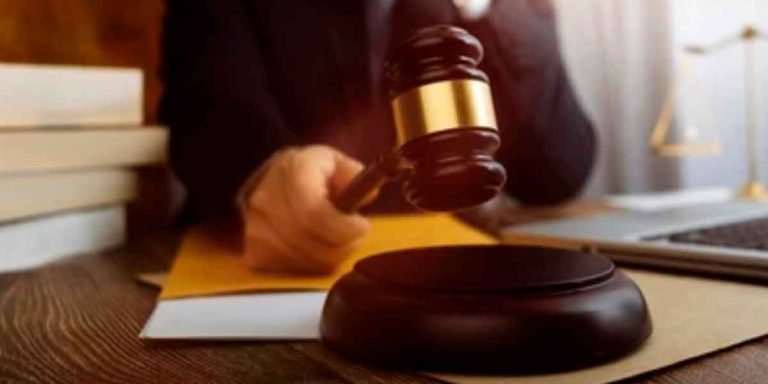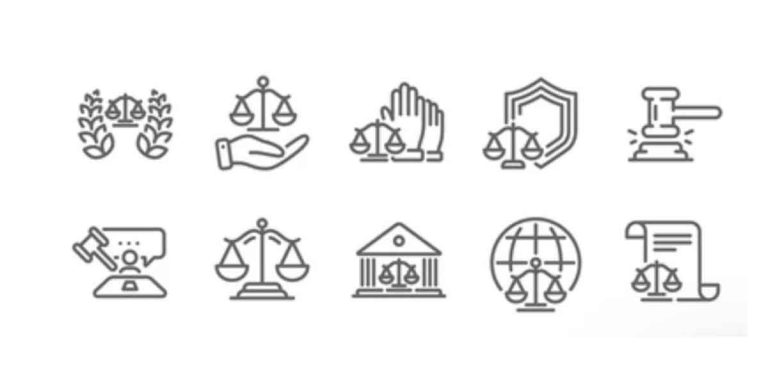If you have an In-depth knowledge into what probate is, including the processes involved, you will know why it is important to plan an estate that escapes this process. Probate is usually done to determine the authenticity of a will and the process beings after your demise.
Since you won’t be around to experience the probate process, the burden attached to this process will have to fall on your estate executor, and probably the beneficiaries of your estate. Trust me, the burden that comes with probate is something a grieving family shouldn’t go through.
In New York, the probate process is quite different from other cities in the US. New York has its own probate laws that guides the probate process. In New York, and other cities, the assets of a deceased can’t be transferred to the designated beneficiaries until probate has been done. This process takes place in a surrogate court with the attendance of a Judge and the estate executor who represents the estate owner and its beneficiaries.
Based on the probate law of New York, estates valued above $30,000 must go through probate when a will is absent. But if the estate is valued below the $30,000 mark, the court will open a little estate proceeding.
Factors that could cause a delay In the Probate process
Many people are scared of probate mainly because of the duration of this process. After the death of an estate owner, it is the wish of the estate beneficiaries to receive their entitlement without having to wait for too long. The probate process can destroy this wish, though this depends on the following factors.
The professionalism of the Executor
One of the main job of an estate executor is to oversee the probate process. This process comprises of several tasks that requires wisdom, understanding and professionalism. The duty to select an estate executor always falls on the owner of the estate. If peradventure you failed to select an estate executor in your will, or you don’t have a will, an estate administrator will be chosen by the probate court.
If you end up choosing an estate executor who lacks the professionalism to handle a process as intricate as the probate process, your assets may spend several months- or worse- years in probate. To prevent this from happening, ensure that you select the best person for this job. If you have the intention of selecting an attorney as your estate executor, you can contact our probate attorney 11412, New York.
Complex estate properties
One of the primary factors that could elongate the probate process is the circumstances surrounding your estate properties. Generally, the probate process of a little estate needs some documents including an estate affidavit to transfer assets of the deceased to the designated beneficiaries. States such as New York have limits and requirements for estate to be little for an easy probate process. Estate plans like this requires little assets. But, estates with several houses, joint family business, offshore accounts, several bank accounts, etc., will drag the probate process. Such estate require a thorough probate process to ensure that errors aren’t made and only the designated beneficiaries receives the right share of the deceased’s estate.
Will Contest
Because a will is an integral aspect of an estate, any issues with this legal document can end up elongating the probate process. Eligible beneficiaries of an estate can feel cheated when they don’t receive a portion of the deceased’s asset. This could lead to several lawsuits and petitions on the ground that the will is invalid.
Typically, will contest are initiated in the probate court with the reason that the estate owner was coerced into writing the will in the manner at which it was written and that the will lacks the right formalities of creating estate documents in New York.
During the probate process, estate executors may need the assistance of a competent probate attorney, one conversant with the estate laws of New York including the probate process. If you were chosen as the executor of an estate, or you need the help of an attorney to plan your estate, you can contact our probate attorney closest to you.









